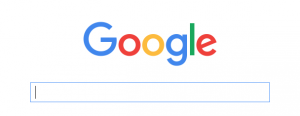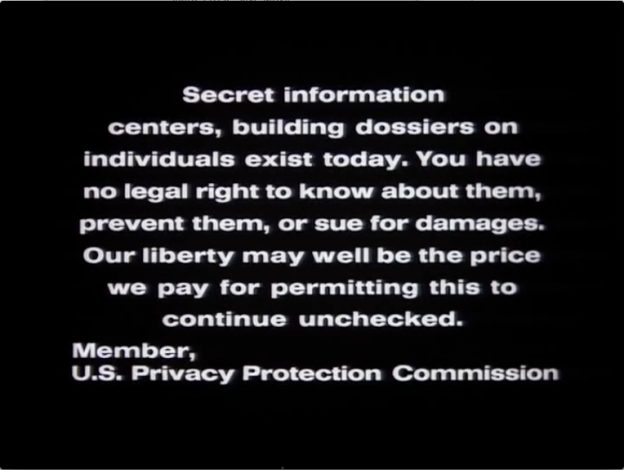For our final class, we looked into an article about the ethical implications of Google before starting on final presentations (http://www.fastcodesign.com/3058943/the-ux-of-ethics-should-google-tell-you-if-you-have-cancer). The article addressed the idea that, since Google has become a stronghold for information, perhaps it should be responsible for telling its searchers if they are drastically ill, just as it gives its users the information and links they have searched for. With the dramatic growth that Google has undergone, and its ability to give users answers millions of results in sometimes under a second, this article questions the ethical responsibilities that the search engine now has in order to inform its users of the implications of their searches. For example, if a user’s searches seem to imply symptoms of cancer, is Google morally obligated to contact this user and tell them that they may have a deadly disease?
In my opinion, it is not up to Google to tell its users what the implications of their searches are. Though Google has expanded into more than just a search engine, it has certainly not become a medical expert, and in my opinion, only medical experts are properly qualified to diagnose a disease or ailment. As stated in the article, “the evolution of Google’s Knowledge Graph is hardly the parallel to a doctor who spots a passenger’s melanoma on the subway.” The debate may be different if it regards an actual person who attended medical school and is trained to spot physical problems, but the answer is much more clear-cut when it involves a search engine and a company instead of an actual doctor. Just because Google has access to a wealth of information does not mean that it needs to diagnose its users based on how they use that information. Additionally, in class it was mentioned that making Google an official source for diagnosing or even just informing its users of their possible illnesses could morph into a business plan for Google, where the company makes even more money off of diagnosing users. Not only is this problematic because of the possibilities of getting it wrong (if Google misdiagnosed a user, it could certainly cause more harm and worry than good), but it is also a problem that Google, a corporation and not a medical professional, would be making money off of its users’ possible medical issues.
This article speaks to the larger scale to which technology is involved in our everyday lives, and the problems that this involvement can raise. I myself have looked on sites such as WebMD before, yet I would still largely prefer a doctor or other professional to be the one looking at my symptoms and officially diagnosing me if there were a problem. Additionally, giving Google the ability to diagnose illnesses would give the company even more power in the public’s life than it already has. I use Google everyday for my personal life, as well as for research for projects and assignments for classes. While these searches can sometimes reflect my interests and academic pursuits, I would much rather that this information not be compiled and stored to reflect an image of me for Google, even though our time in this class has shown that this is largely the case. Google already has a great deal of control over our lives, in terms of not just the information it provides as a search engine but also through its other offerings such as Gmail, Google Docs, and YouTube. These forums allow for collaboration but also increase the ways that we are being watched and monitored through the Internet. If Google were given the power to diagnose its users medically, I think this would be an unnecessary move that might benefit the company at the expense of its users.










